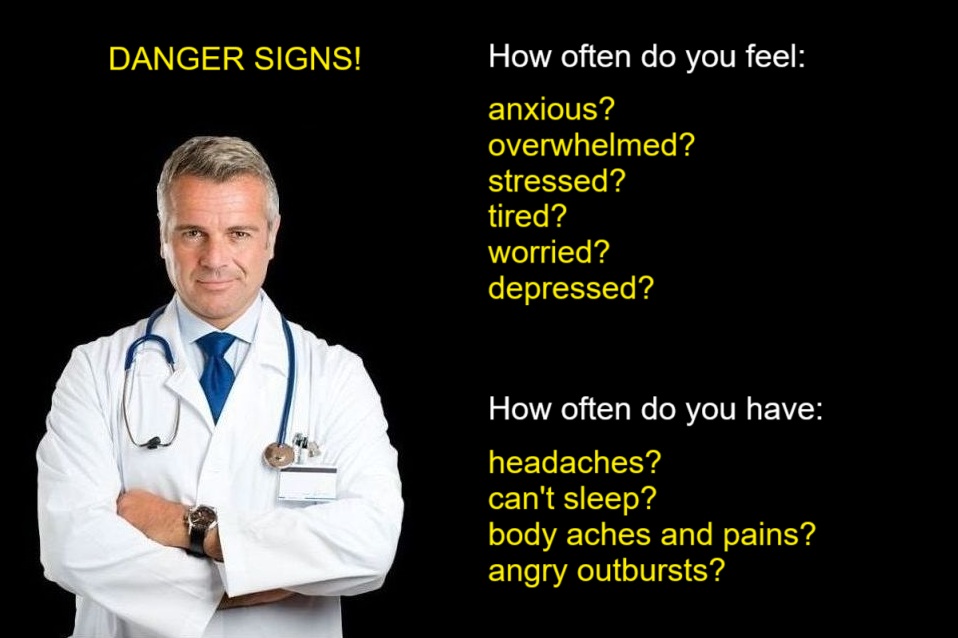The relentless churn of economic news – inflation rates, job losses, rising interest rates – can feel like a distant hum, a backdrop to our daily lives. However, for many, this “hum” is a deafening roar, a constant source of anxiety and pressure that permeates every aspect of their existence. We are increasingly recognizing that the economy isn’t just an abstract concept; it’s a tangible force that profoundly impacts our mental and physical well-being. This article delves into the insidious ways chronic financial stress, fueled by economic uncertainty, is making us sick, exploring the psychological and physiological effects that can ripple through our lives.
The Anatomy of Financial Stress: A Perfect Storm
Financial stress isn’t simply about lacking money; it’s a complex interplay of factors that create a persistent state of worry and fear. It’s the constant juggling act of paying bills, the fear of job loss, the inability to afford healthcare, and the nagging feeling of insecurity about the future. This stress is amplified during periods of economic hardship due to several key factors:
- Increased Uncertainty: Economic downturns breed uncertainty about job security, investment values, and overall financial stability. This ambiguity fuels anxiety and makes it difficult to plan for the future.
- Erosion of Purchasing Power: Inflation and rising costs of living diminish the value of income, forcing individuals to stretch their budgets further and further. This can lead to difficult choices between essential needs like food, housing, and healthcare.
- Increased Debt Burden: Economic hardship often forces individuals to rely on credit cards or loans to cover expenses, leading to a cycle of debt that can be incredibly difficult to break.
- Social Comparison and Inequality: The constant exposure to images of wealth and success, particularly through social media, can exacerbate feelings of inadequacy and financial stress, especially during times of economic disparity.
The Psychological Toll: A Cascade of Mental Health Challenges
Chronic financial stress doesn’t just impact our wallets; it takes a significant toll on our mental health, triggering a range of psychological challenges:
- Anxiety and Worry: The most common manifestation of financial stress is persistent anxiety and worry. Individuals may find themselves constantly dwelling on financial problems, struggling to concentrate, and experiencing physical symptoms of anxiety such as restlessness, irritability, and difficulty sleeping.
- Depression: Prolonged financial stress can lead to feelings of hopelessness, sadness, and a loss of interest in activities. The inability to meet financial obligations can trigger feelings of failure and inadequacy, contributing to depressive episodes.
- Stress-Related Disorders: Chronic stress can exacerbate underlying vulnerabilities and lead to the development of stress-related disorders such as generalized anxiety disorder, panic disorder, and even post-traumatic stress disorder (PTSD) in cases of severe financial trauma like bankruptcy or foreclosure.
- Relationship Strain: Financial stress is a major source of conflict in relationships. Disagreements about money management, the pressure of financial burdens, and the emotional strain of financial insecurity can all contribute to relationship problems and even separation.
- Substance Abuse: Some individuals may turn to alcohol or drugs as a coping mechanism for dealing with financial stress. While these substances may provide temporary relief, they ultimately exacerbate the problem and can lead to addiction.
- Cognitive Impairment: Studies have shown that chronic stress can impair cognitive function, affecting memory, attention, and decision-making abilities. This can make it even more difficult to manage finances and navigate economic challenges.
The Physical Fallout: When Money Troubles Manifest in the Body
The connection between mental and physical health is undeniable. The chronic stress triggered by financial difficulties can have significant repercussions on our physical well-being:
- Cardiovascular Problems: Stress hormones like cortisol and adrenaline can elevate blood pressure and heart rate, increasing the risk of heart disease, stroke, and other cardiovascular problems.
- Weakened Immune System: Chronic stress suppresses the immune system, making individuals more susceptible to infections and illnesses. This can lead to more frequent colds, flu, and other health problems.
- Gastrointestinal Issues: Stress can disrupt the digestive system, leading to problems such as stomachaches, irritable bowel syndrome (IBS), and ulcers.
- Musculoskeletal Pain: Muscle tension and inflammation, often associated with stress, can contribute to chronic pain conditions such as headaches, back pain, and neck pain.
- Sleep Disturbances: Stress hormones interfere with sleep patterns, leading to insomnia and other sleep disturbances. Lack of sleep can further exacerbate stress and contribute to a cycle of poor health.
- Weight Management Issues: Stress can affect appetite and metabolism, leading to either weight gain or weight loss. Some individuals may turn to comfort food to cope with stress, while others may lose their appetite altogether.
- Exacerbation of Existing Conditions: Chronic stress can worsen existing health conditions such as diabetes, asthma, and autoimmune disorders.
Breaking the Cycle: Strategies for Coping with Financial Stress
While the economic landscape may feel overwhelming, there are steps individuals can take to mitigate the psychological and physical effects of financial stress:
- Acknowledge and Validate Your Feelings: Recognizing that financial stress is a legitimate and common experience is the first step towards coping with it. Don’t dismiss your feelings or try to ignore them.
- Create a Realistic Budget: Taking control of your finances by creating a budget can reduce anxiety by providing a clear picture of your income and expenses. Identify areas where you can cut back and prioritize essential needs.
- Seek Financial Advice: Consider consulting with a financial advisor or credit counselor who can provide personalized guidance and support.
- Explore Resources and Support Programs: Many organizations offer free or low-cost financial education programs, debt management counseling, and other resources to help individuals navigate financial difficulties.
- Practice Stress-Reduction Techniques: Incorporate stress-reduction techniques into your daily routine, such as mindfulness meditation, deep breathing exercises, yoga, or spending time in nature.
- Maintain a Healthy Lifestyle: Prioritize regular exercise, a balanced diet, and adequate sleep to support both your physical and mental health.
- Connect with Others: Talk to trusted friends, family members, or a therapist about your financial concerns. Sharing your struggles can provide emotional support and reduce feelings of isolation.
- Seek Professional Help: If you are experiencing symptoms of anxiety, depression, or other mental health problems, seek professional help from a therapist or psychiatrist.
- Advocate for Systemic Change: While individual coping strategies are important, it’s also crucial to advocate for policies that address the root causes of financial stress, such as affordable healthcare, living wages, and access to education and job training.
Conclusion: Prioritizing Well-being in a Challenging Economy
The economic climate is undoubtedly challenging, and the resulting financial stress is taking a toll on our collective health. Understanding the psychological and physical effects of this stress is crucial for developing effective coping strategies and advocating for systemic change. By prioritizing our well-being, seeking support, and working towards a more equitable and sustainable economic future, we can mitigate the harmful effects of financial stress and build a healthier, more resilient society. Ignoring the connection between the economy and our health is no longer an option. Recognizing it and actively addressing the challenges it presents is essential for our individual and collective well-being.










